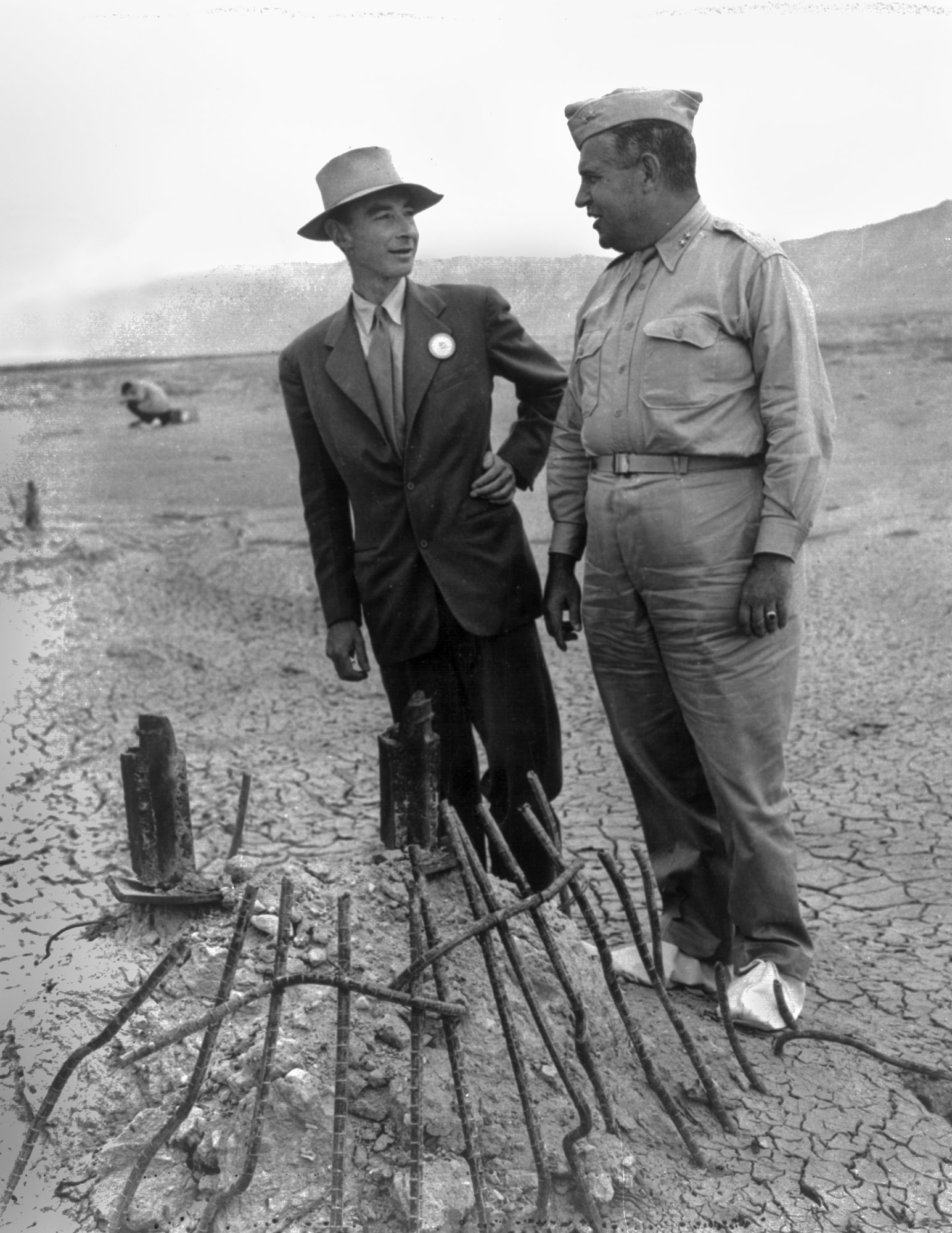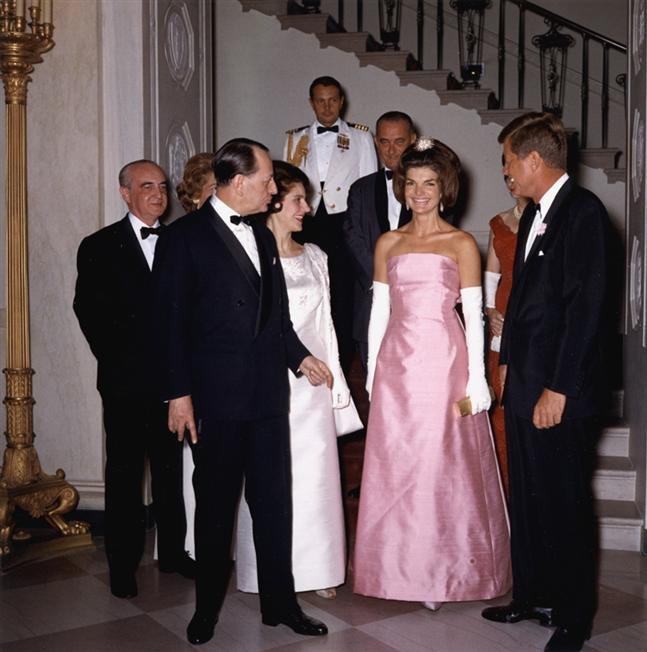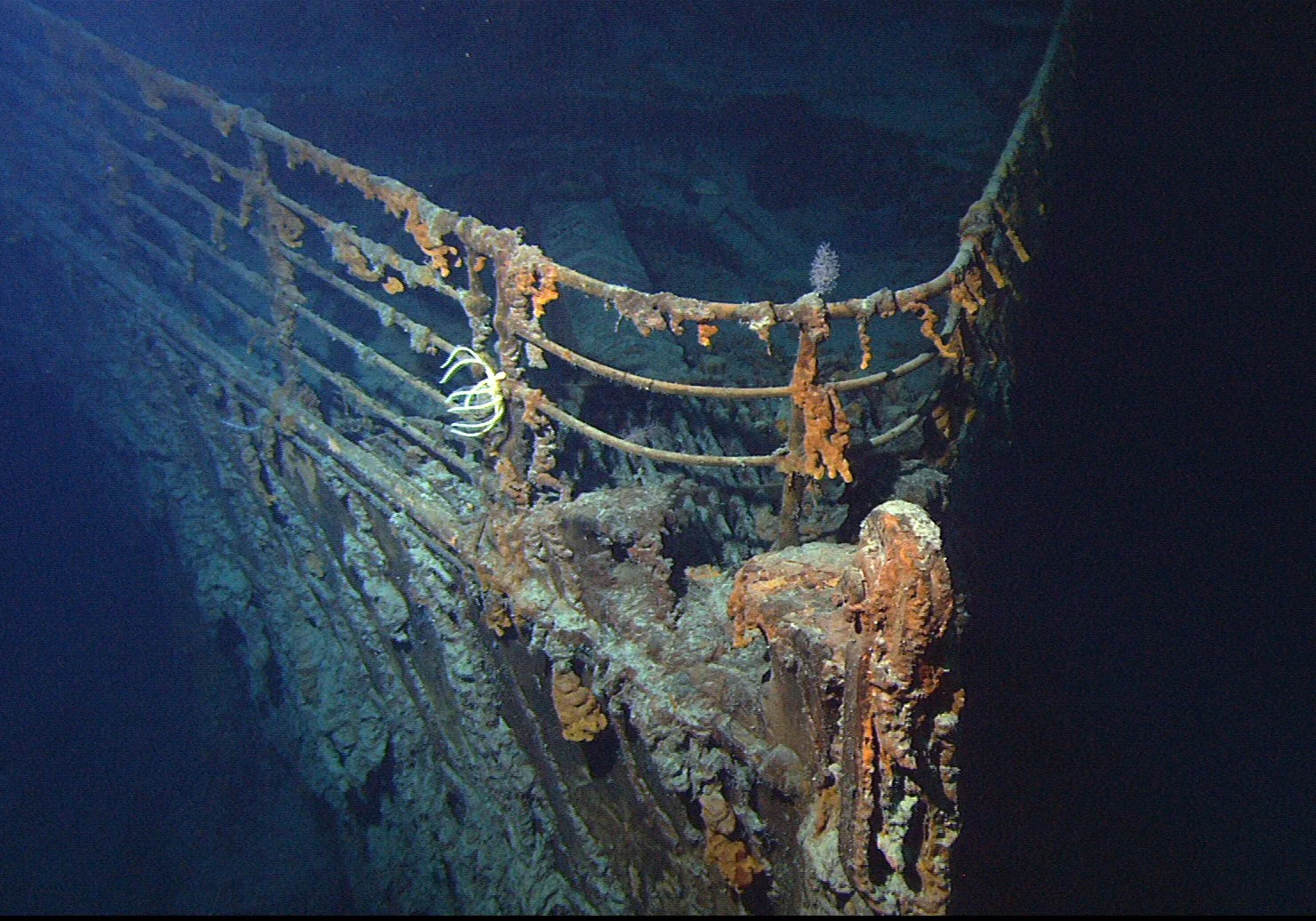Recently, I went to see “Barbie,” a surprisingly touching film about what it means to be human, with a cousin who collects Barbies. Afterward, the conversation at dinner drifted as it invariably does these days to former President Donald J. Trump. I explained to my cousin that whatever you may think of Trump — and she’s a conservative with a higher opinion of him than I have as a moderate independent — you must acknowledge that he is great at creating a narrative and sticking to it. That’s real power — power that is now being seriously countered with his arraignment Thursday, Aug. 3, on charges of fraud, obstruction and violation of voting rights in a federal court in Washington, D.C.
Read MoreSpecial counsel Jack Smith making a statement regarding the indictment of former President Donald J. Trump in the documents case on June 9. Photograph courtesy the U.S. Department of Justice.






